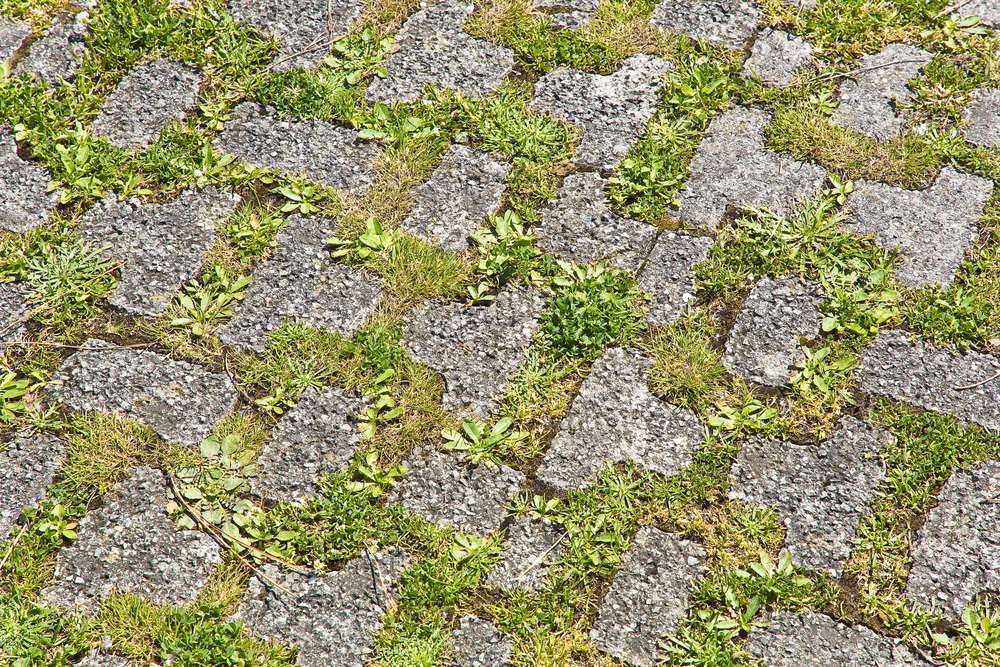In regions susceptible to heavy rainfall, flooding, or snowfall, employing a particular form of eco-friendly and cost-efficient pavement, known as permeable pavers, can be advantageous for your home. Learn all about the permeable pavers benefits for your home environment here.
How Permeable Pavers Function
Permeable pavements serve as a form of stormwater management, enabling water and melted snow to permeate through the gaps and reach the soil beneath. These surfaces aid in the evaporation, retention, or filtration of stormwater and snowmelt on-site.
Permeable pavement surfaces are crafted from either nonporous blocks spaced apart to allow water passage or a porous material that facilitates water flow. Various types of permeable pavements include pervious concrete, porous asphalt, and permeable interlocking concrete pavement.
The Environmental Benefits of Permeable Pavers
- Reduced Stormwater Runoff
Permeable pavers aid in decreasing the volume of stormwater runoff by capturing and gradually draining water into the soil, preventing puddles and diversion into drains and waterways. This can mitigate water treatment costs, floods, and erosion by reducing runoff volumes and rates.
- Enhanced Energy Efficiency
Permeable pavers absorb less heat than traditional pavement, leading to a reduction in surrounding air temperatures, thereby diminishing the need for building cooling systems and enhancing energy efficiency.
- Diminished Pollutants
Rainwater naturally undergoes filtration as it percolates through the pavement’s sub-base, removing pollutants through physical trapping within the pavement or soil and chemical breakdown by toxin-consuming bacteria and microorganisms.
- Mitigated Urban Heat Islands
Traditional concrete or asphalt pavements prevalent in urban areas absorb heat, elevating local temperatures and exacerbating the urban heat island effect. The integration of permeable pavement allows the underlying soil to breathe, potentially mitigating heat islands and lowering temperatures.
- Improved Air Quality
By reducing ground-level ozone generation through mitigating the urban heat island effect, permeable pavers directly contribute to enhanced air quality. Additionally, onsite rainwater collection minimizes water treatment requirements, consequently reducing air pollution and CO2 emissions from power plants.
- Decreased Salt Usage
Permeable pavement delays frost layer formation in colder climates, subsequently reducing the necessity for salt usage. Communities can save costs and prevent pollution in local water sources by decreasing salt reliance.
- Water Demand Reduction
Permeable pavers offer an alternative to maintaining green lawns, particularly in areas facing extreme weather conditions or water scarcity. Directing water flow into garden beds, tree plantations, and ecosystems through porous surfaces reduces water demand and facilitates organic material replenishment.
- Erosion Prevention
In regions experiencing arid summers, permeable pavers help mitigate erosion by enabling water seepage into the ground, thereby reducing runoff and encouraging the natural water cycle.
- Mosquito Reduction
Lastly, installing permeable pavers also minimizes standing water and pools, which serve as breeding grounds for mosquitoes and other insects. The drainage capability of porous surfaces is conducive to fewer pests in residential areas.
Enjoy Permeable Pavers Benefits with Garden State Home Remodeling
Incorporating permeable pavers into your home environment can yield numerous environmental benefits, ranging from stormwater management to air quality improvement and erosion prevention.
Consider integrating these eco-friendly pavements into your residential landscape with the help of an NJ paving masonry contractor like our Garden State Home Remodeling crew to contribute to a greener and more sustainable living environment.


Leave a Reply